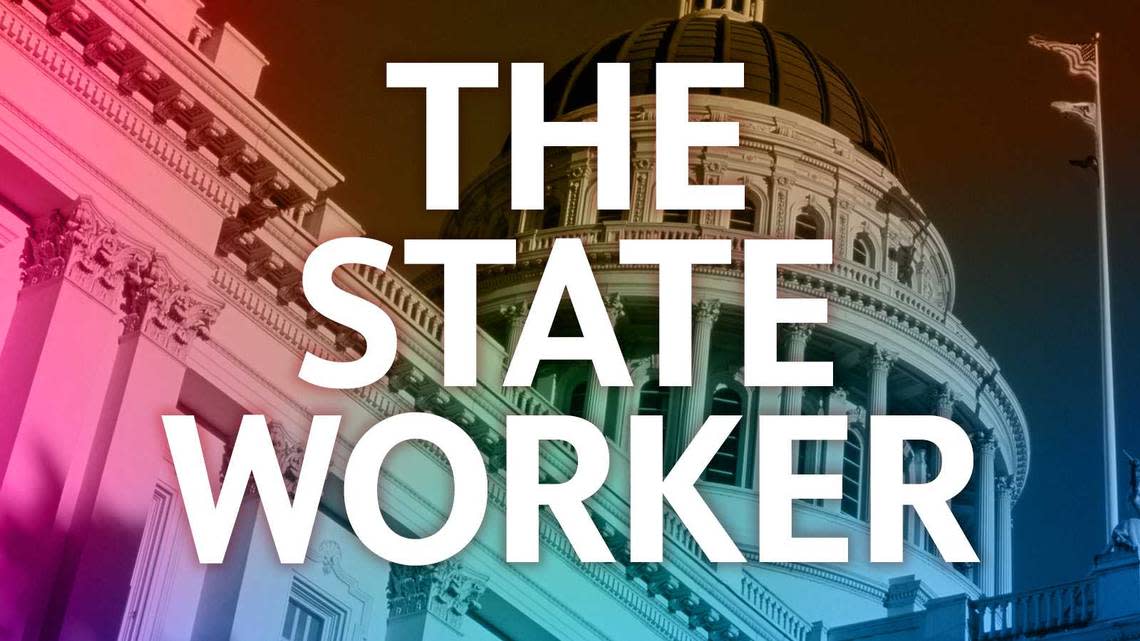California attorney union wins ruling against CDCR after department hired contract workers

The union that represents state attorneys has won a ruling against a department that outsourced state business to contract laborers rather than employing California civil servants.
California’s corrections department must cancel nine contracts with outside law firms after the State Personnel Board ruled in favor of the California Attorneys Administrative Law Judges and Hearing Officers in State Employment, or CASE.
State law allows agencies and departments to hire outside contractors only in certain situations, such as when the contracted services aren’t able to be performed satisfactorily by civil service employees. Contractors can also be used to complete services of “such an urgent, temporary, or occasional nature that the delay incumbent in their implementation under civil service would frustrate their very purpose.”
Typically, when state agencies and departments require legal representation in civil cases, the Employment and Administrative Management section of the Attorney General’s Office will serve as counsel. But, if the Attorney General’s Office can’t represent the agency or department due to a conflict of interest or lack of available staff, the office can write an exemption so the agency or department can seek other representation.
The California Department of Corrections and Rehabilitation asked the Attorney General’s Office to represent the department in eight different lawsuits brought by former corrections employees, according to the ruling. AG officials told the corrections department to find different representation due to high vacancies within the office’s employment and administrative management team.
As of April 2023, the employment management team had 115 authorized positions, according to the ruling, and nearly a quarter of them were vacant.
CDCR also asked for representation in an additional case in which the American Civil Liberties Union asked the courts to compel CDCR to produce documents showing CDCR’s collaboration with Immigration and Customs Enforcement under the state’s Public Records Act.
“Because of existing attorney vacancies, this office currently lacks sufficient attorney resources to represent CDCR in this matter,” wrote John Wolfe, Chief Assistant Attorney General, in his authorization to CDCR. “Accordingly, we authorize CDCR to engage counsel other than the Attorney General in this matter, under Government Code section 11040.”
The State Personnel Board found that CDCR did not make “reasonable efforts” to try and secure legal representation from civil service workers outside the Attorney General’s Office. The department also failed to prove that outsourcing to external law firms was the only way to ensure the work was completed.
“CDCR’s assertion that only (the Attorney General’s Office) has attorneys that could perform employment civil litigation is patently false,” wrote Suzanne Ambrose, the executive officer of the personnel board. “Civil litigation in the employment context is not a new state function.”
CASE’s president, Tim O’Connor, argues that outsourcing work to external law firms deprives state attorneys of the opportunity to build valuable experience. If in-house attorneys never get the opportunity to refine their skills, O’Connor said, then the state can point to the lack of experience as a reason to continue outsourcing in the future. Ultimately, the use of outside law firms hurts the state’s workforce and wastes taxpayer dollars.
“It becomes a vicious circle, and that’s what we’re here to stop,” said O’Connor.
The union contends that the solution is to pay state attorneys more. Higher paychecks could attract talented attorneys and help bring down vacancy rates across departments.
“The reality is that state salaries are woefully below market,” said Pat Whalen, general counsel for CASE. “You have a hiring problem because you don’t pay enough, and the quick-fix is to outsource it.”
The Attorney General’s Office is “continuing to make every effort” to hire and retain quality attorneys in its office, said Depart of Justice spokesperson Joanne Adams in an emailed statement to The Sacramento Bee. Adams said the department has been “working diligently” to resolve its staffing issues in the employment management unit and is now accepting all requests for representation, including employment litigation matters.
CDCR spokesperson Terri Hardy said in an email that the department is reviewing the ruling and has no additional comment at this time.
O’Connor vowed that CASE will go department by department and bring cases against any improper contract with outside law firms. He hopes the tenacity will send a message to Gov. Gavin Newsom before the union’s next round of contract negotiations in 2025.
“The governor’s office and CalHR need to wake up,” he said. “We’ll keep doing it agency after agency, time after time until it stops. We’re really committed to this.”

